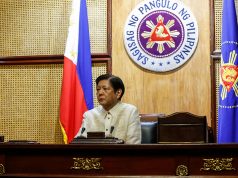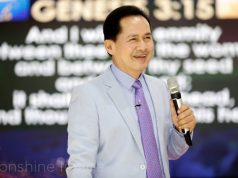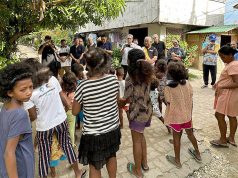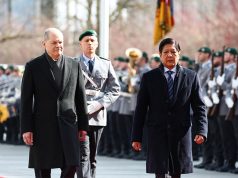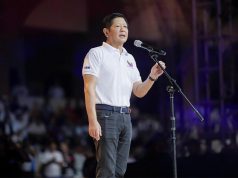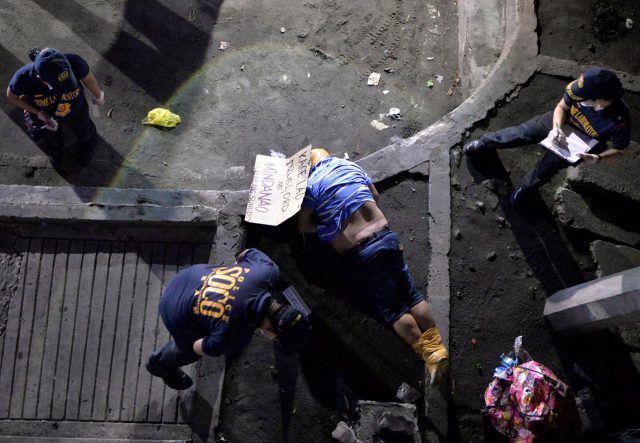
MANILA, Philippines — Returning the government’s war on drugs to the Philippine National Police, as President Rodrigo Duterte has suggested, would mean more of the bloodshed that has already claimed thousands of lives since he assumed office last year, a human rights watchdog warned.
Last month, Duterte handed the campaign against narcotics to the Philippine Drug Enforcement Agency to appease “bleeding hearts” and the media, an apparent reference to the growing anger over the deaths blamed on the drug war, which some tallies place at more than 13,000 and counting.
It was the second time Duterte, who had promised a “bloody” war on drugs when he ran for president, had ordered the PNP to step aside. He first did so in January following revelations policemen were responsible for the kidnapping and murder of a Korean businessman, only to call in the PNP once more about a month later following what he said was a resurgence of drug activity.
On Wednesday, addressing troops at Fort Magsaysay in Nueva Ecija, he again signaled a change of heart, saying the police were indispensable to his “all-out war” against drug syndicate.
“But as of now, just to parry, I placed it under PDEA. But whether I like it or not, I have to return that power to the police because surely, it will increase the activity of the shabu (crystal meth),” he said.
Reacting to Duterte’s statement, Phelim Kine, Asia division deputy director for Human Rights Watch, said this “was not wholly unexpected,” citing PNP chief Ronald dela Rosa’s reaction after the war on drugs was given to PDEA: “Drug pushers are saying hallelujah.”
HRW has long been critical of Duterte, accusing him of creating the so-called “Davao Death Squad” when he was mayor of the Mindanao city to execute suspected criminals, and of replicating this on a nationwide scale through his war on drugs.
Kine also said Duterte may “have been emboldened by (the) unwillingness of either U.S. President Donald Trump or fellow Association of Southeast Asian Nations leaders to publicly challenge the drug war slaughter during the ASEAN 2017 Summit, which the Philippines hosted earlier this month.”
Before hosting the regional summit, Duterte had warned visiting world leaders, including Trump, against discussing human rights or the war on drugs with him.
But Canadian Prime Minister Justin Trudeau ignored the warning and said he had brought up the matter with a “receptive” Duterte.
http://www.interaksyon.com/trudeau-says-he-took-up-human-rights-ejks-with-receptive-duterte/
An angry Duterte blasted Trudeau for what he called “a personal and official insult.”
www.interaksyon.com/watch-duterte-felt-insulted-by-trudeau-bringing-up-extrajudicial-killings/
Kine said Dutrte’s “apparent desire to resume the murderous drug war underscores the need for a United Nations-led international investigation into the killings.”
“Until that happens, the number of victims denied justice and accountability will likely only continue to grow,” Kine added.
WATCH A RELATED VIDEO REPORT BY NEWS5:




